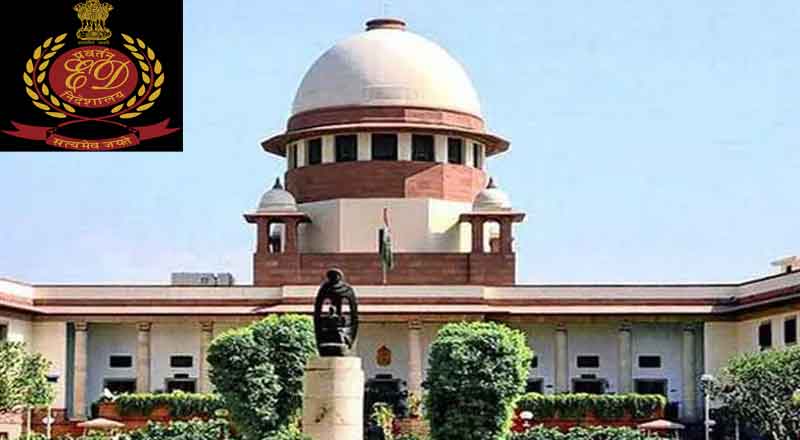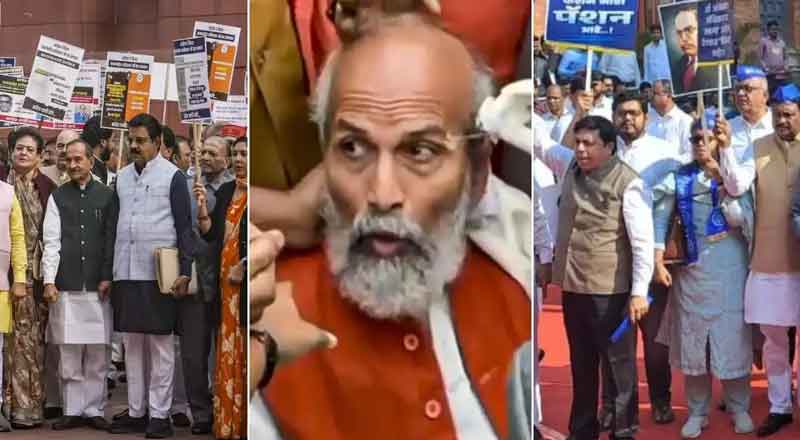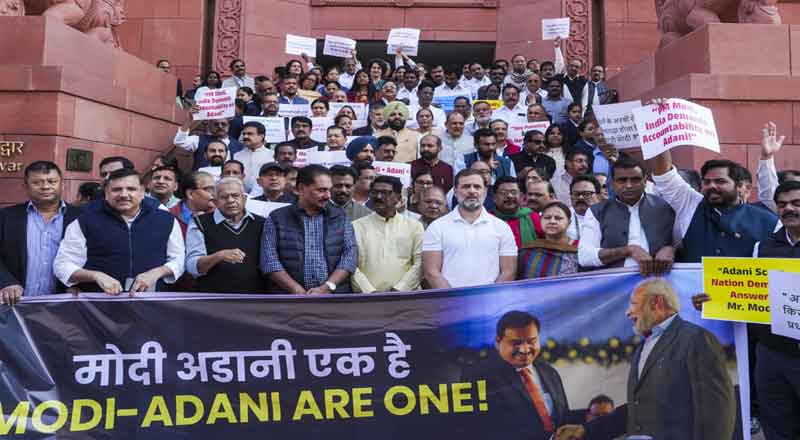- The Supreme Court quashed the arrest of Basant Bansal and Pankaj Bansal, directors of Gurugram-based realty group M3M, in a money laundering case.
- In a sharp rebuke for the Enforcement Directorate, said the probe agency could not be vindictive.
- “Every action of the ED is expected to be transparent, above board, and conforming to pristine standards of fair play in action,” the Supreme Court said.
- In this case, the facts demonstrated that the probe agency “failed to discharge its functions and exercise its powers”, said the court.
- The failure of the accused to respond to questions put to them could not be sufficient grounds for arrest by the Enforcement Directorate.
- The ED had to specifically find a reason to believe that the accused are guilty of an offence under the Prevention of Money Laundering Act, the Supreme Court said.
The Supreme Court on Tuesday granted bail to Basant Bansal and Pankaj Bansal, directors of the Gurugram-based realty group M3M, in a money-laundering case and said the Enforcement Directorate’s actions in curbing money laundering should be fair and stringent, and not vindictive.
A bench of Justices AS Bopanna and Sanjay Kumar granted relief to the directors of the realty firm and said, “This reflects poorly on the ED’s style of functioning. The ED is the premier investigating agency probing money-laundering cases and their every action is expected to be transparent and fair. ED is not expected to be vindictive.”
“At the outset, it is stated that both sides argued on the merits of the matter with regard to the involvement of the appellants in money laundering. We are only concerned with the legality of the arrest and remand. We make it clear. Mere passing of an order of remand would not be sufficient to validate the grounds of arrest. We referred to the PMLA and Senthil Balaji judgments.”
The bench stressed that Section 167 of the Criminal Procedure Code (CrPC) (Section 167 procedure when an investigation cannot be completed in 24 hours) must be necessarily complied with, and said that the ED had failed to follow a uniform practice of furnishing grounds for arrest.
“ED is not expected to be vindictive in its conduct and must be seen to be acting with utmost probity and with the highest degree of dispassion and fairness,” said the judges.
The failure of the accused to respond to questions put to them could not be sufficient grounds for arrest by the Enforcement Directorate, they asserted.
The Enforcement Directorate, they said, had to specifically find a reason to believe that the accused are guilty of an offence under the Prevention of Money Laundering Act, the Supreme Court said, adding: “Mere non-cooperation in response to the summons would not be enough to arrest anyone.
The bench, while directing the release of Pankaj and Basant Bansal, held that the ED action in arresting the two persons reeked of arbitrariness and the clandestine conduct of the ED did not warrant acceptance.
The Bansals had moved the top court against the July 20 order of the Punjab and Haryana High Court, which had dismissed their bail pleas saying the case was quite serious in nature.
(With inputs from agencies)





